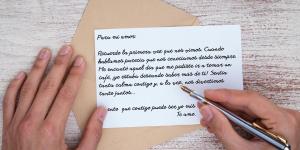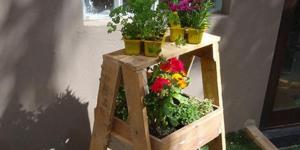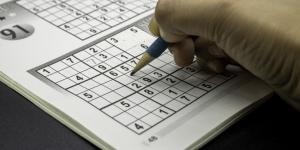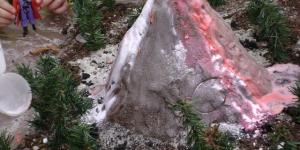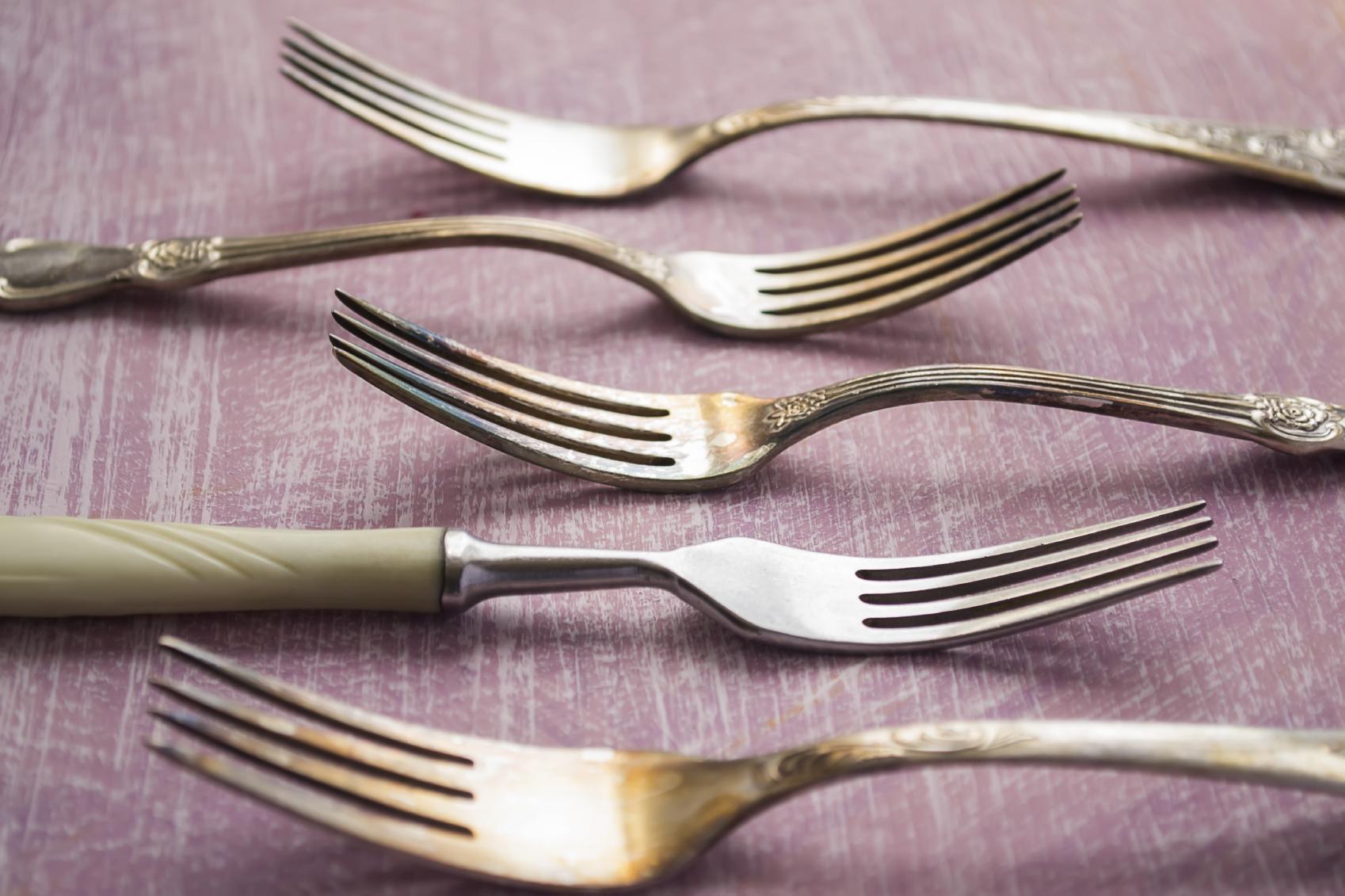How to Clean Nickel Silver


Nickel silver, sometimes known as Argentan, or German silver thanks to its early development by 19th century German metalworkers, is not actually a form of silver. It is in fact a mixture of copper, nickel and zinc. Even though they are unrelated, it has the appearance of silver and is used to give many objects a similar look while keeping down the price. It has been used on everything from standard cutlery to very fine musical instruments, but just because it looks like silver, doesn't mean it should be treated with the same products. In fact, doing so might prove costly. To make sure you best protect your German silver, read our oneHOWTO guide on how to clean nickel silver properly, knowing what to use and what to avoid.
Steps to follow:
As is always a good idea, speaking to an expert about how best to clean nickel silver will help you get started on looking after your metalware. A specialised shop or metalworks is ideal, but the next best thing is going to a good hardware or DIY store, where hopefully there will be someone who knows their product range who can best advise you. Unfortunately, there is not always a specialist available to help you with specific cleaning methods, so oneHOWTO is at hand to make sure the professional advice you seek can be backed up.
Not as long as pure silver, nickel silver or German silver has still been around for a long time (it was developed in the 19th century). This means there are many older objects or antiques you may wish to clean. This means that some objects may have had time to become dirtier or more stained. Some may be newer or have been well looked after, so when it comes to cleaning your nickel silver, you won't need much more than a cloth wet with water and some elbow grease. If this doesn't work, try adding a mild detergent such as washing up liquid, to the cloth and see if this will clean your nickel silver. You don't want to use something too corrosive or harmful, just in case you damage the nickel silver. This is especially so if you have something of value. Rub the nickel silver with a dry cloth when you are down and avoid streaks.
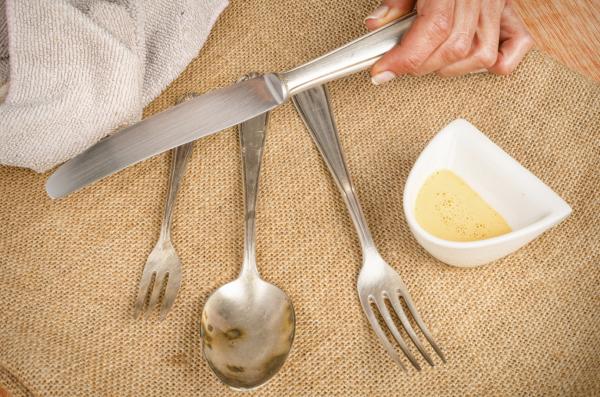
Another home remedy for cleaning German silver or nickel silver is to use a mixture of water and bicarbonate of soda. To do so, mix a little paste (even in a 1:1 ratio will work) and apply it to the nickel silver you wish to clean. Rub it in a concentric motion and see if this will work. It should be particularly good on rough or textured areas of nickel silver as, although it is non-toxic, it is great for getting into these parts to clean the nickel silver without causing damage to the alloy. These places are where the greatest amount of dirt and dust accumulates.
There are also special electrolytic plates that are specifically designed for cleaning metal. How this works is that an electric current is passed through water by using a battery (or other suitable power source) connected to two conductors. These conductors (meaning they allow electricity to pass through them) are placed at two opposite sides of the water, essentially making the water electric. When you put the nickel silver into the water, the electricity should keep the nickel silver itself fine, but obliterate the accumulated dirt.
Do some research into electrolytic cleaning before trying to clean nickel silver yourself and always consult a professional. There are many health and safety concerns about how to do this process, not least the potential toxic fumes which are emitted during it.
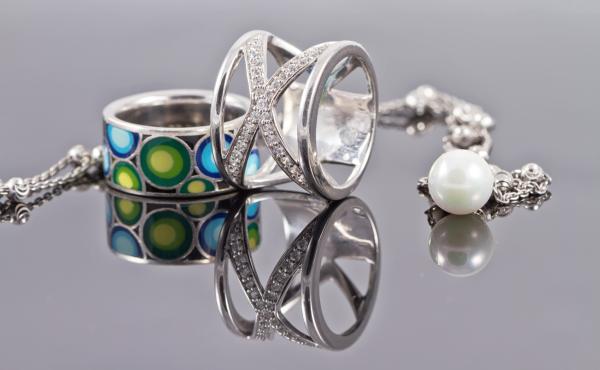
One effective way to clean your nickel silver is to line a container with aluminium foil, fill it with hot (not boiling) water and adding a healthy pinch of salt to it. Submerge your nickel silver products in the water. making sure they are in contact with the aluminium foil. Leave them in there for a few minutes and you should see some results. If this does not work, you can try adding some baking soda (bicarbonate of soda) also to the water and stirring it in. You should see the tarnish remove itself pretty quickly. They will leave your German silver products looking shiny and new!
While here we have given you some good ideas for techniques to clean nickel silver, if you just want to use a little rubbing with a cloth there are some products you may want to check out as they are considered effective.
Paint or varnish thinner will also work if it is a good mineral spirit. You should always be careful, however, to take appropriate safety precautions as paint thinner is both toxic and flammable. As there is often a chemical reaction when cleaning nickel silver, whether it be with electricity or the chemical you use, poisonous gases can be given off, so always do them in a well ventilated area.
Standard solvents such as turpentine (sometimes known as turps for short) or orthophosphoric acid will work well when you come to clean your nickel silver. Phosphoric acid can be found in many products depending on how much of it is used. It can even be commonly found in many soda drinks. This is why you may have seen coins being cleaned in Coca-Cola as this eats away at the tarnish, but leaves the metal in tact.
The most common household cleaner which works when you want to clean nickel silver is vinegar. White vinegar is best and even the kind you put on your food might work well with your nickel silver. Just put a little on the cloth you use to clean and use it directly on the nickel silver.
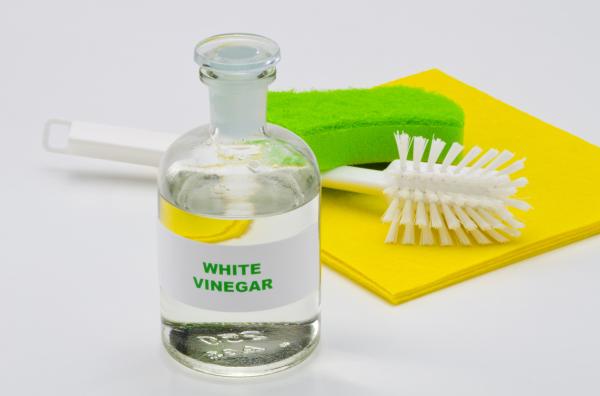
Generally, objects made of German silver are accessories: earrings, bracelets, etc. If the piece has nickel silver, but also has some kind of precious stone, mineral or other metal in it, consult a specialist who can tell you what to do in each case. Every mineral is different and so what might clean one may end up damaging another.
Always use precaution, wash the objects after cleaning with distilled water and use gloves if you clean nickel silver with a corrosive substance.
If you want to read similar articles to How to Clean Nickel Silver, we recommend you visit our Hobbies & Science category.
Tips
- Keep in mind that if you use the same substance that you use to clean silver, your Nickel silver objects may get damaged.
- Consult a professional or specialised centre if in doubt.
